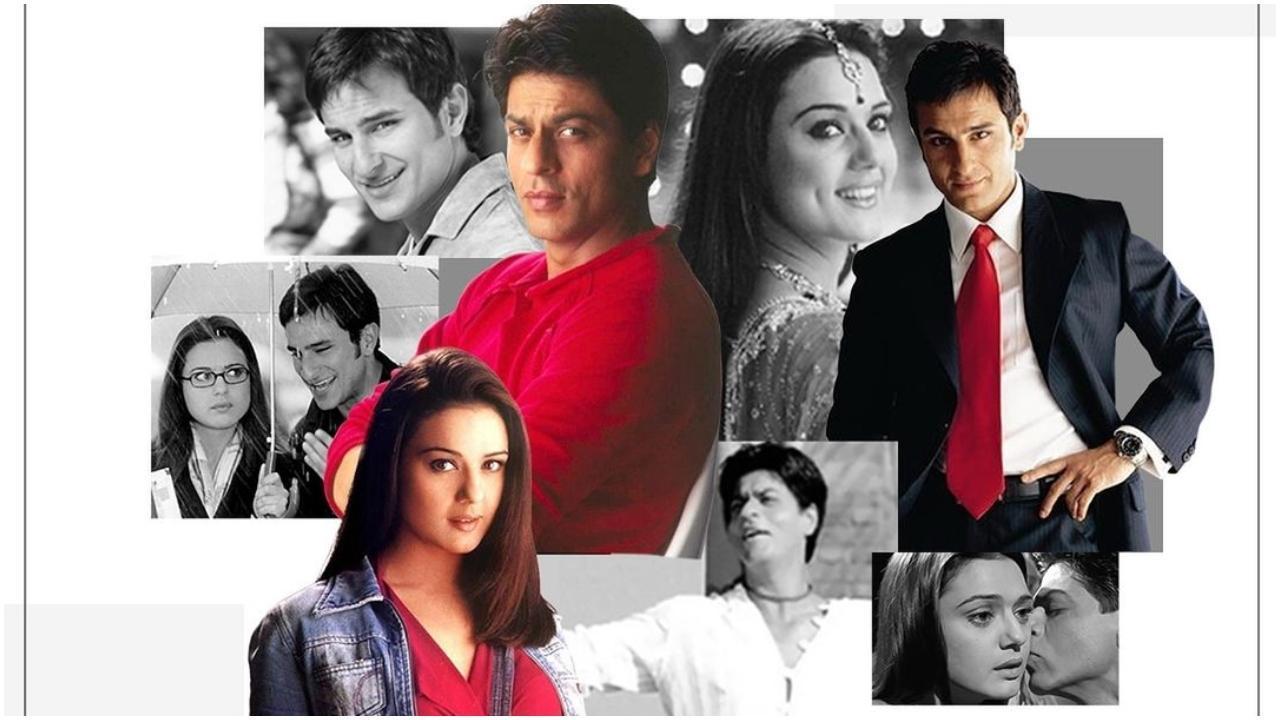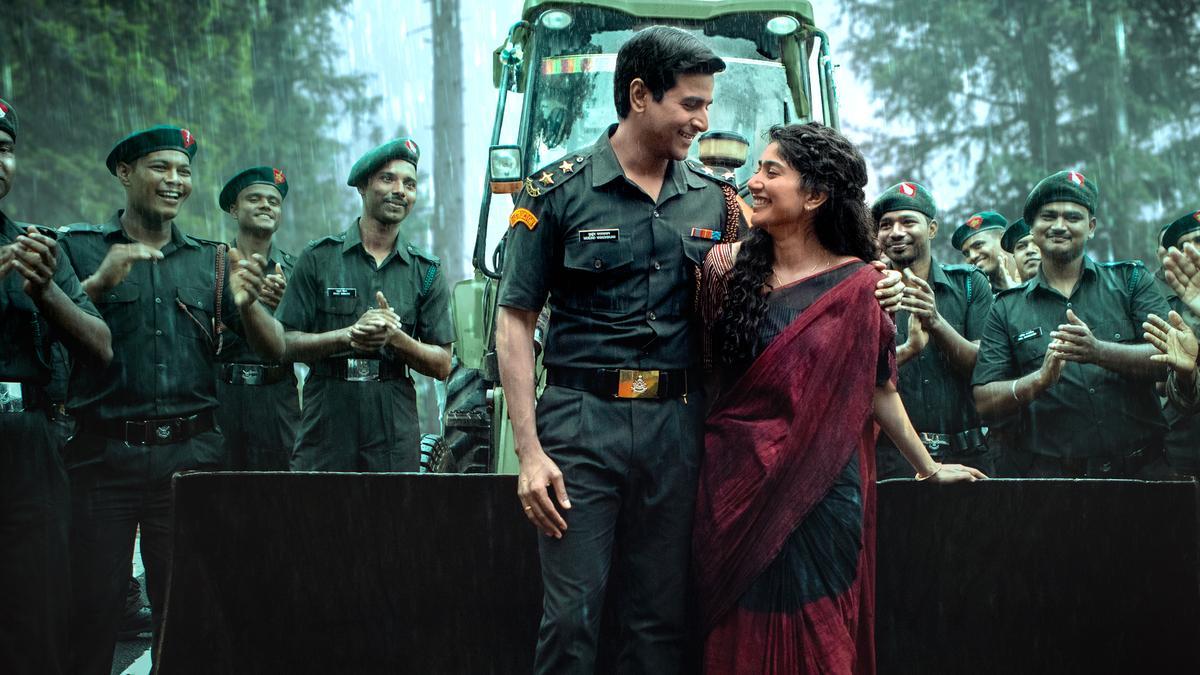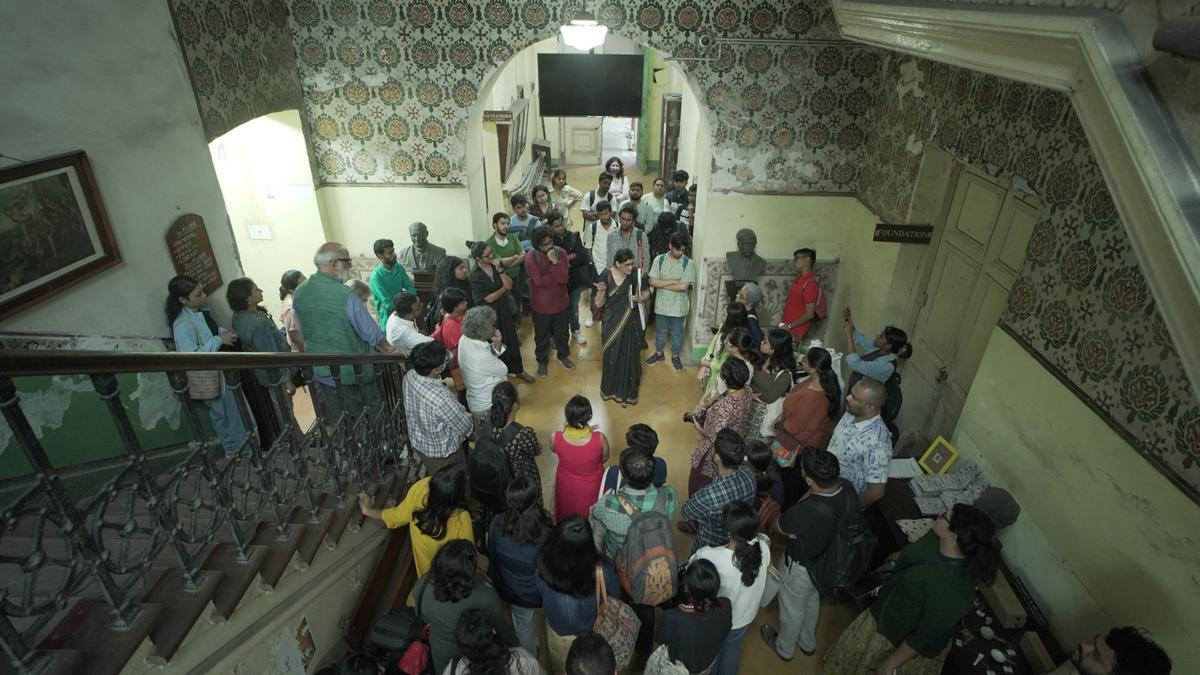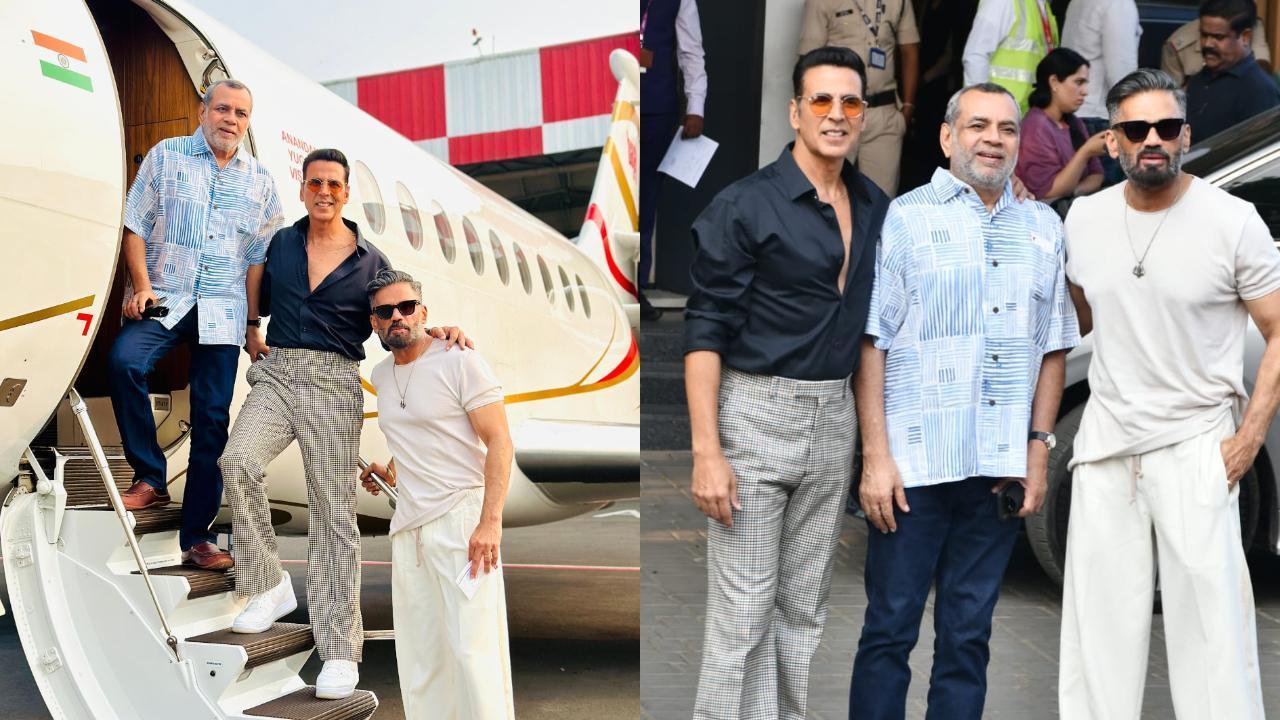
Urvashi remains the epitome of composure as congratulatory messages flood in for her sixth Kerala State Film Award for Best Actress (female). The renowned actress mentions that her phone’s battery is nearly drained due to the avalanche of calls since the Kerala State awards were announced on Friday.
“I don’t think I did anything extraordinary to deserve this award,” Urvashi modestly comments. “Viewers kept saying that Urvashi chechi deserves an award. They predicted I would win, and perhaps that’s how I got it,” she adds.
The accolade came her way for her poignant portrayal of Leelamma, a mother wrestling with harsh realities after the loss of her son in Christo Tomy’s film, Ullozhukku. Urvashi captivated the jury with her compelling performance.
Reflecting on her character, Leelamma, Urvashi says, “It was an excellent script and an exceptional role. I waited three to four years for the film to start, and so did Christo. I liked the role, the script, and the director, who also doubled as the writer. My only hesitation was doing such an intense, dark film for over 40 days.”
Urvashi elaborates on the emotional challenges: “I had to maintain a melancholic mood throughout the shooting, constantly grieving. The idea of sustaining that was nerve-wracking. Eventually, I felt that the character was meant for me, and I decided to embody Leelamma. However, I made up my mind not to shed any tears even though she is a tragic figure.”
Immersing herself in such sorrowful emotions during the shoot left her drained. “It’s incredibly tough to cry and lament without actual tears. If Leelamma were to cry, I might have felt some relief from the trauma. My cheeks ached at the end of each day’s shoot. This role indeed posed a significant challenge,” Urvashi admits.
Following the grueling 45-day schedule, she experienced unprecedented fatigue. “It took me a while to regain my equilibrium. What helped was the immediate shift to the sets of Jaladhara Pump Set Since 1962, where I played a radically different role, aiding my recovery,” she shares.
Urvashi’s illustrious career took off after her lead role in K Bhagyaraj’s Mundhanai Mudichu (1983). She then transitioned to Malayalam cinema with notable performances in Ethirpukkal (1984) and Ente Ammu Ninte Thulasi Avarude Chakki (1985).
. Her versatility shone through an array of roles in family dramas, action thrillers, crime thrillers, and romantic comedies. After a hiatus, she made a triumphant return with Sathyan Anthikkad’s Achuvinte Amma (2005), earning the National Award for Best Supporting Actress.
Since then, Urvashi has evolved into a screenwriter and producer, remaining a sought-after actor in both Tamil and Malayalam cinema. Crediting her directors and writers for her diverse roles, she remarks, “Actors cannot choose their characters. It’s the directors’ belief in an actor that propels them. Their confidence instills in me the self-assurance to get into a character’s skin. I’ve never waited for a specific role; I’ve always gone with the flow.”
Expressing her spontaneous approach to acting, Urvashi states, “I never prepare for any role. I’m unfamiliar with auditions, workshops, or rehearsals. I go to the location and follow the director’s instructions. Whatever I do when the director calls for action, that’s my acting. That’s all I know.”
She emphasizes her difficulty in replicating actions for retakes, reiterating her spontaneous acting style. Urvashi notes that while many contemporaries were pigeonholed into specific images, she managed to avoid stereotyping. Even at the height of her career, she seamlessly transitioned into negative roles, often infusing them with her unique sense of humor.
Recalling her performances in films like Ponmuttayidunna Tharavu and Thalayanamantram, both directed by Sathyan Anthikkad, Urvashi says she portrayed self-centered, flawed characters with her brand of humor, deviating from the stereotypical “vamps” of her era. She humorously mentions her trademark fluttering of eyelashes, inspired by black-and-white-era heroines, which she occasionally employed as a playful gesture.
Despite her varied portrayals, Urvashi asserts that she has never modeled her characters on real individuals due to the rapid shooting schedules. “In those days, there was no time for extensive preparation. We would shoot multiple films within a few weeks, following the director’s vision and improvising where necessary,” she explains.
She adds, “I don’t know how to act. My directors would guide me to perform naturally, and that’s what I did.”
Urvashi concludes, emphasizing her adaptability and the continued pursuit of diverse roles in cinema. “Thanks to my directors and writers, I’ve always had the opportunity to explore a wide range of characters in my filmography,” she reflects.
Malayalam cinema aficionados and industry insiders celebrate Urvashi’s enduring versatility and her contributions to the silver screen, eagerly anticipating her upcoming projects.










